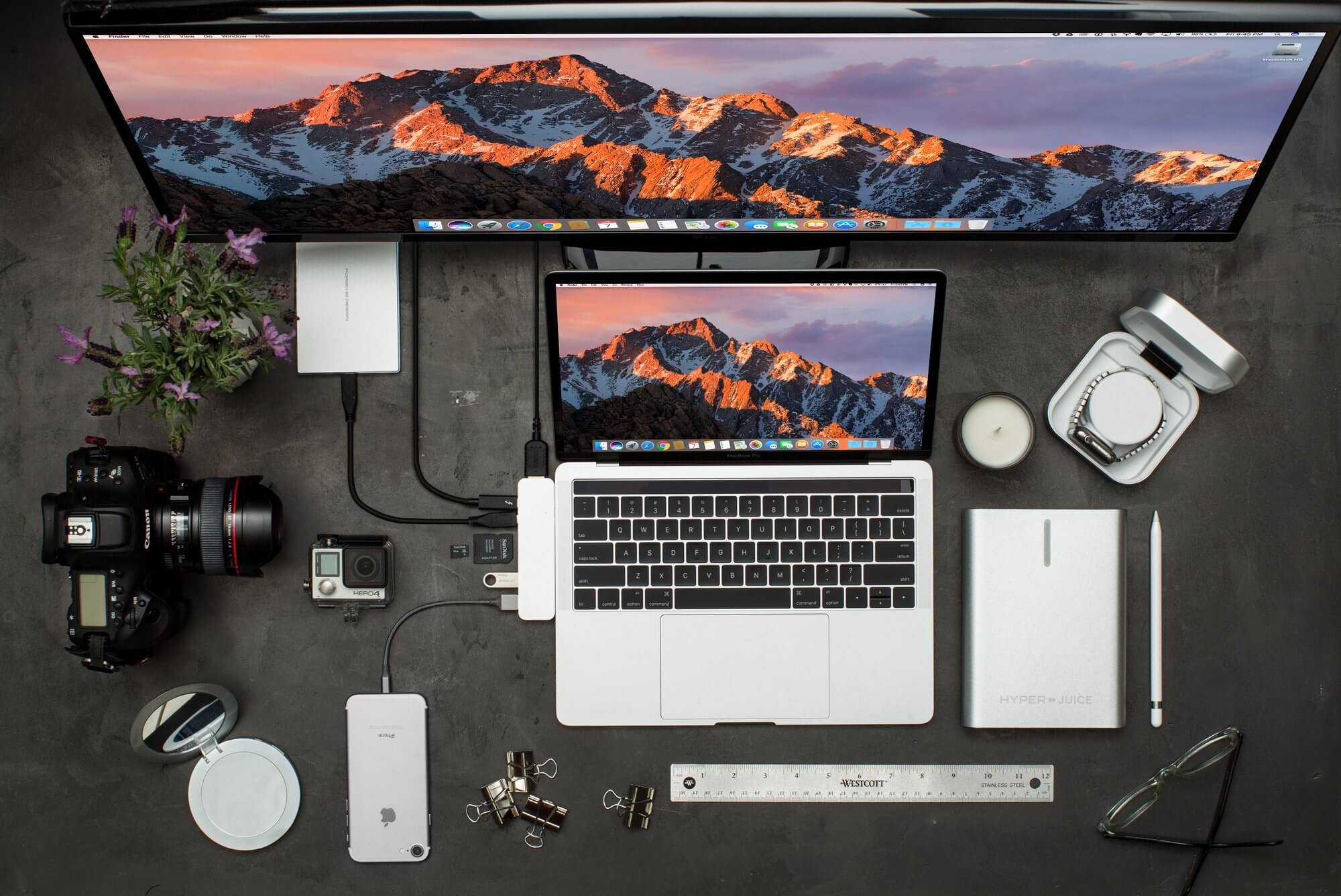Bottom line: Apple's aggressive transition from Intel processors to ARM-based ones is no doubt a major inflection point for the Cupertino company. However, Thunderbolt still has an important place in future Macs, even though historically speaking it's been somewhat dependent on the presence of an Intel processor in the same system.
Intel on Wednesday detailed its new Thunderbolt 4 standard, which doesn't come with speed improvements but represents an evolution of Thunderbolt 3 in almost every other sense. But as with every new standard, it left many with the question of which manufacturers would commit to supporting it.
For one, AMD's position hasn't changed – the company sees little reason to go for Thunderbolt 4 despite it being essentially a superset of USB4 with better capabilities and somewhat more clear branding. With Thunderbolt 4, Intel has made cable certification even more expensive which will translate into pricier cables, just like with Thunderbolt 3.
As for Apple, the company didn't mention Thunderbolt for its upcoming Macs with ARM-based CPUs when it revealed its two-year transition plan at WWDC. Now the company has told The Verge that "we remain committed to the future of Thunderbolt and will support it in Macs with Apple silicon," quelling some of the concerns that it might soon drop the protocol from its products.

On one hand, it makes perfect sense for Apple to continue to support a technology it has co-developed with Intel to bring fast and flexible connectivity to the Mac platform. However, the Cupertino company is also known for deeply polarizing transitions where it removes familiar technologies if they no longer align with it vision for the future.
A possible cause for concern may have been Apple's development transition kit, which is based around a chip that's also in the 2018 iPad Pro. That device does have a USB Type-C port but doesn't support Thunderbolt, leading some to believe this could be the case for upcoming Macs. However, the company has made it clear that the developer kits it has provided aren't representative of what will ship later this year, and are really meant to give developers ample time to port their x86 apps.
Now that Apple has clarified its stance on Intel's new tech, you can rest assured that you'll be able to use your existing Thunderbolt devices and accessories in future Macs. Thunderbolt 4 is also backwards compatible with Thunderbolt 3 docks, and since it's USB4-compliant it will offer the best of both worlds.
This makes the mysterious ARM-based Mac that Apple is preparing for later this year the first ARM device with Thunderbolt support. It also means that Apple has found a way to add the required security features for the Thunderbolt 4 specification on a system equipped with an ARM-based processor.
